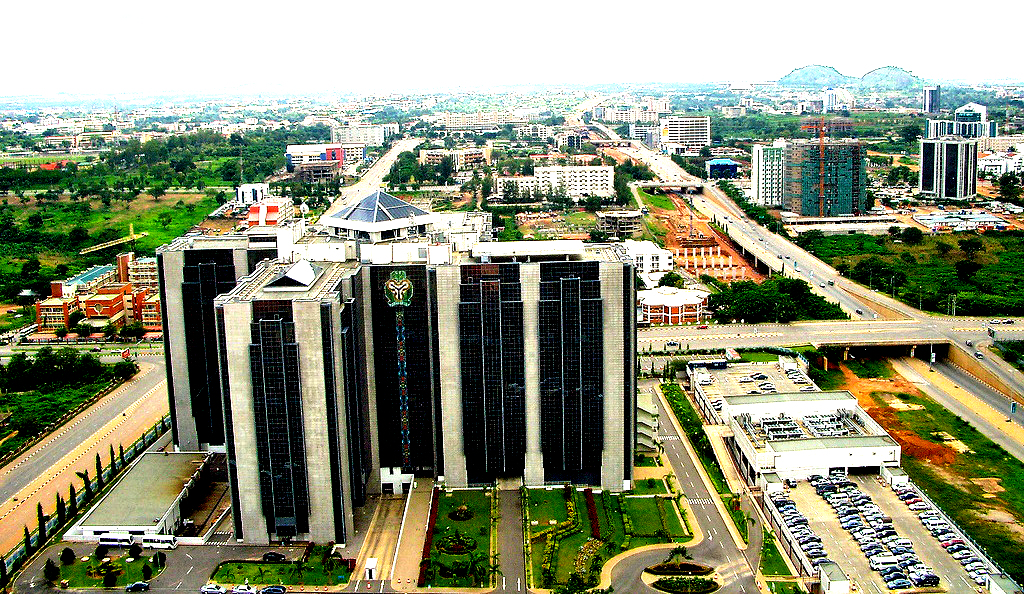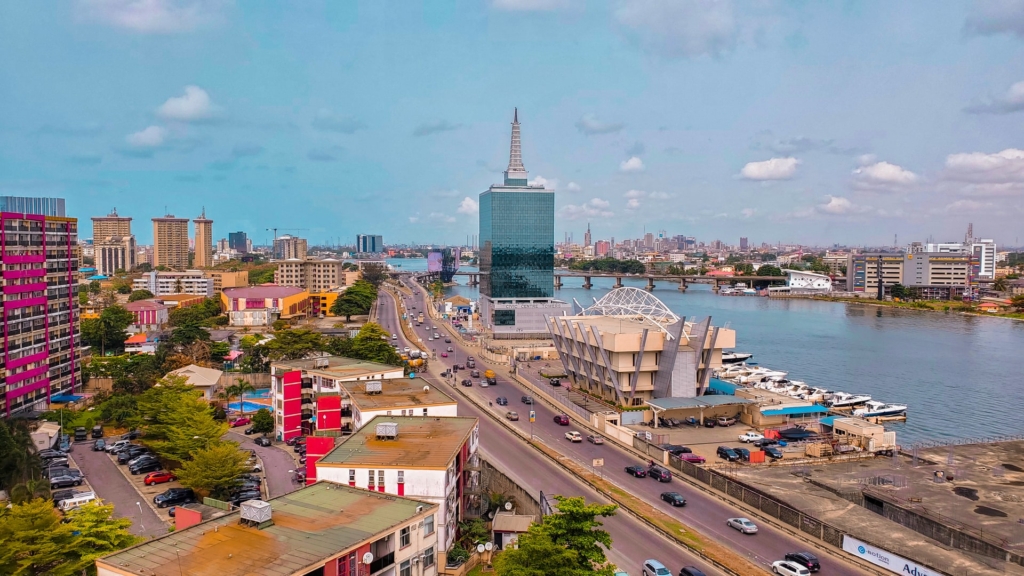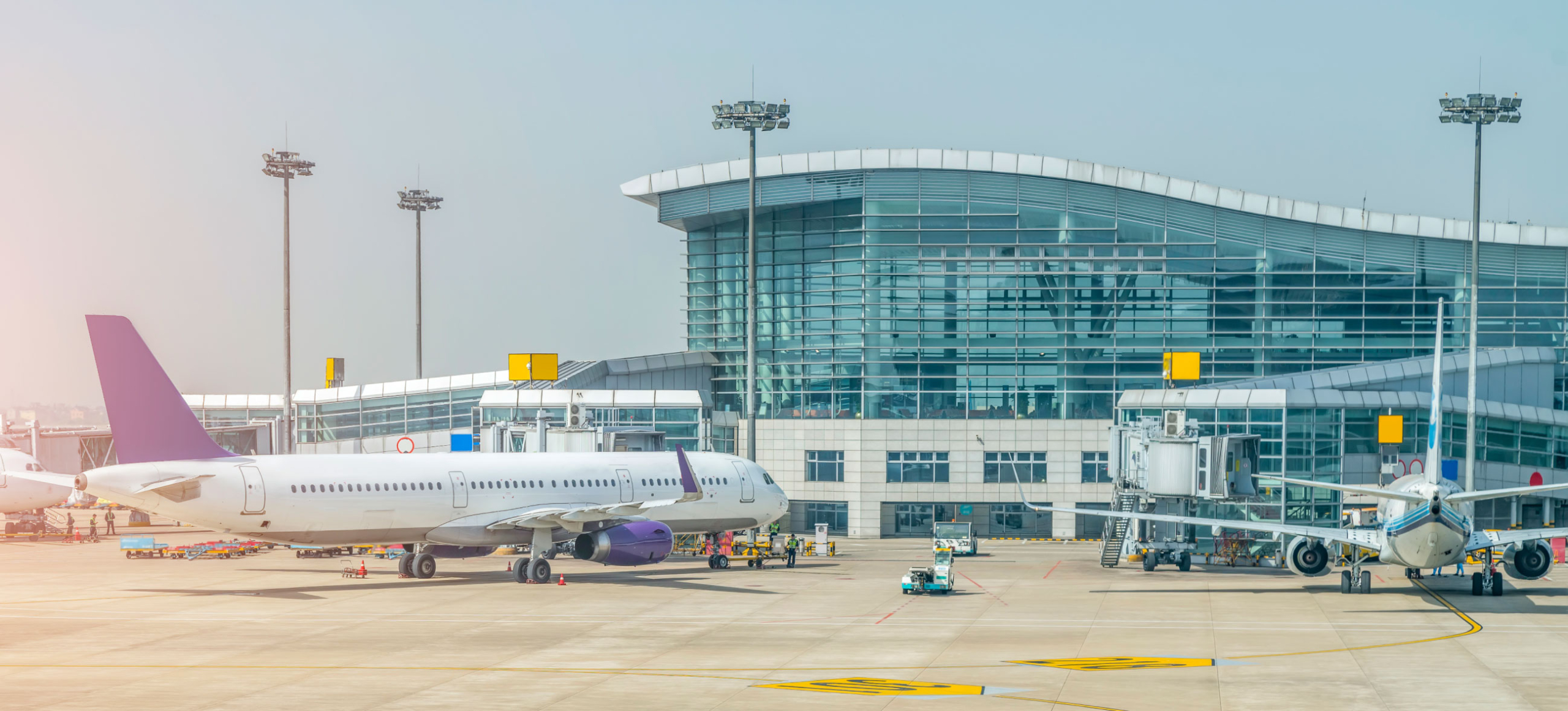Cost of Living in Abuja and Lagos: A Detailed Comparison
When it comes to living in Nigeria, two cities often dominate the conversation: Abuja and Lagos. Both cities are economic powerhouses, but they offer vastly different lifestyles, opportunities, and challenges. If you’re planning to move to either city or simply curious about how they compare in terms of cost of living, this article is for you. At The Price, we’re all about helping Nigerians make informed decisions, and today, we’re diving deep into the cost of living in Abuja and Lagos.
Whether you’re a young professional, a family, or a student, understanding the cost of living in these cities can help you plan your finances better. From housing to transportation, food, entertainment, education, healthcare, and more, we’ll break it all down. So, grab a cup of tea, relax, and let’s explore the financial realities of living in Nigeria’s two most prominent cities.
1. Overview of Abuja and Lagos

Before we dive into the numbers, let’s set the stage.
Abuja: Nigeria’s capital city, Abuja, is known for its planned layout, serene environment, and relatively lower population density compared to Lagos. It’s a hub for government workers, diplomats, and expatriates. The city boasts wide roads, beautiful landscapes, and a more relaxed pace of life.

Lagos: On the other hand, Lagos is Nigeria’s commercial capital. It’s a bustling metropolis with a fast-paced lifestyle, vibrant nightlife, and endless opportunities. Lagos is home to millions of Nigerians and is often described as the city that never sleeps. However, with its opportunities come challenges like traffic congestion and a higher cost of living.
Now, let’s get into the nitty-gritty of the cost of living in both cities.
2. Housing Costs: Abuja vs. Lagos
Housing is often the biggest expense for anyone living in Nigeria. Whether you’re renting or buying, the cost of accommodation can vary significantly between Abuja and Lagos.
Renting in Abuja
Abuja is known for its high-end neighborhoods like Maitama, Asokoro, and Garki, where rent can be quite expensive. However, there are also more affordable areas like Kubwa, Gwagwalada, and Nyanya.
- High-end areas: A 3-bedroom apartment in Maitama or Asokoro can cost between ₦3,000,000 to ₦7,000,000 per year.
- Mid-range areas: In areas like Garki or Wuse, you can find a 3-bedroom apartment for ₦1,500,000 to ₦3,000,000 per year.
- Affordable areas: In Kubwa or Nyanya, a 3-bedroom apartment can cost between ₦800,000 to ₦1,500,000 per year.
Renting in Lagos
Lagos is notorious for its high rent prices, especially in upscale areas like Ikoyi, Victoria Island, and Lekki. However, there are also more affordable options in areas like Ikeja, Surulere, and Ajah.
- High-end areas: A 3-bedroom apartment in Ikoyi or Victoria Island can cost between ₦4,000,000 to ₦10,000,000 per year.
- Mid-range areas: In Ikeja or Surulere, a 3-bedroom apartment can cost between ₦1,500,000 to ₦3,500,000 per year.
- Affordable areas: In Ajah or Ikorodu, a 3-bedroom apartment can cost between ₦800,000 to ₦1,500,000 per year.
Verdict: While both cities have expensive and affordable areas, Lagos tends to be more expensive overall, especially in high-end neighborhoods.
3. Transportation Costs: Abuja vs. Lagos
Transportation is another major expense, especially if you commute daily. Let’s compare the costs in both cities.
Transportation in Abuja
Abuja’s well-planned road network makes transportation relatively easier and cheaper compared to Lagos.
- Public transport: Buses and taxis are the most common means of transportation. A bus ride within the city costs between ₦100 to ₦300, while a taxi ride can cost between ₦500 to ₦2,000 depending on the distance.
- Fuel costs: With fewer traffic jams, fuel consumption is lower in Abuja. A liter of petrol costs around ₦1000 (as of 2025).
- Car maintenance: Due to better roads, car maintenance costs are generally lower in Abuja.
Transportation in Lagos
Lagos is infamous for its traffic congestion, which can significantly increase transportation costs.
- Public transport: Buses, danfos, and ride-hailing services like Uber and Bolt are popular. A bus ride costs between ₦100 to ₦500, while ride-hailing services can cost between ₦1,000 to ₦5,000 depending on the distance and traffic.
- Fuel costs: Traffic jams mean higher fuel consumption. A liter of petrol costs around ₦1000 (as of 2025), but you’ll likely spend more on fuel in Lagos due to traffic.
- Car maintenance: Poor road conditions in some areas can lead to higher car maintenance costs.
Verdict: Transportation costs are generally higher in Lagos due to traffic congestion and poor road conditions in some areas.
4. Food Costs: Abuja vs. Lagos
Food is a basic necessity, and the cost of groceries and eating out can vary between the two cities.
Food in Abuja
Abuja has a mix of local markets and high-end supermarkets, catering to different income levels.
- Local markets: A bag of rice (50kg) costs around ₦50,000, while a crate of eggs costs around ₦5,000.
- Supermarkets: Imported goods and luxury items are more expensive. A loaf of bread costs around ₦1,000, while a liter of milk costs around ₦1,500.
- Eating out: A meal at a mid-range restaurant costs between ₦3,000 to ₦7,000 per person.
Food in Lagos
Lagos offers a wide range of food options, from street food to high-end restaurants.
- Local markets: A bag of rice (50kg) costs around ₦55,000, while a crate of eggs costs around ₦5,500.
- Supermarkets: Prices are similar to Abuja, but some items may be slightly more expensive due to higher demand.
- Eating out: A meal at a mid-range restaurant costs between ₦3,500 to ₦8,000 per person.
Verdict: Food costs are slightly higher in Lagos, but the difference is not significant.
5. Utilities and Internet Costs: Abuja vs. Lagos
Utilities like electricity, water, and internet are essential for daily living.
Utilities in Abuja
- Electricity: Monthly electricity bills range from ₦10,000 to ₦30,000 depending on usage.
- Water: Most households rely on boreholes or water trucks, which can cost between ₦5,000 to ₦15,000 per month.
- Internet: A monthly internet subscription costs between ₦15,000 to ₦30,000.
Utilities in Lagos
- Electricity: Monthly electricity bills range from ₦15,000 to ₦40,000 due to higher usage and frequent power outages.
- Water: Similar to Abuja, most households rely on boreholes or water trucks, costing between ₦5,000 to ₦20,000 per month.
- Internet: A monthly internet subscription costs between ₦15,000 to ₦35,000.
Verdict: Utility costs are slightly higher in Lagos due to higher electricity consumption and demand.
6. Entertainment and Lifestyle: Abuja vs. Lagos
Both cities offer a variety of entertainment options, but the costs can vary.
Entertainment in Abuja
Abuja has a more relaxed lifestyle with fewer entertainment options compared to Lagos.
- Cinema: A movie ticket costs around ₦3,000 to ₦5,000.
- Nightlife: A night out at a club can cost between ₦10,000 to ₦20,000.
Entertainment in Lagos
Lagos is known for its vibrant nightlife and entertainment scene.
- Cinema: A movie ticket costs around ₦3,500 to ₦6,000.
- Nightlife: A night out at a club can cost between ₦15,000 to ₦30,000.
Verdict: Entertainment costs are higher in Lagos, but the city offers more options.
7. Education Costs: Abuja vs. Lagos
Education is a significant expense for families, and the cost of schooling can vary greatly between Abuja and Lagos.
Education in Abuja
Abuja is home to some of Nigeria’s most prestigious schools, both public and private.
- Public schools: Tuition fees are relatively low, but additional costs like uniforms, books, and transportation can add up.
- Private schools: High-end private schools like British International School and American International School charge between ₦1,500,000 to ₦4,000,000 per year. Mid-range private schools cost between ₦500,000 to ₦1,500,000 per year.
- Tertiary institutions: Abuja has fewer universities compared to Lagos, but institutions like the University of Abuja and Baze University offer quality education. Tuition fees range from ₦200,000 to ₦2,000,000 per year depending on the course and institution.
Education in Lagos
Lagos has a wide range of educational institutions, from affordable public schools to elite private schools.
- Public schools: Similar to Abuja, public schools are affordable but may lack adequate facilities.
- Private schools: Elite schools like Grange School and Greensprings School charge between ₦2,000,000 to ₦5,000,000 per year. Mid-range private schools cost between ₦600,000 to ₦2,000,000 per year.
- Tertiary institutions: Lagos is home to some of Nigeria’s top universities, including the University of Lagos (UNILAG) and Lagos State University (LASU). Tuition fees range from ₦100,000 to ₦2,500,000 per year depending on the course and institution.
Verdict: Education costs are generally higher in Lagos, especially for private schools and elite institutions.
8. Healthcare Expenses: Abuja vs. Lagos
Access to quality healthcare is crucial, and the cost of medical services can vary between the two cities.
Healthcare in Abuja
Abuja has several top-tier hospitals and clinics, catering to both locals and expatriates.
- Public hospitals: Services are affordable but may be overcrowded and understaffed.
- Private hospitals: High-end hospitals like Cedarcrest Hospitals and Nizamiye Hospital offer world-class services but can be expensive. A consultation with a specialist can cost between ₦10,000 to ₦50,000, while surgeries can cost hundreds of thousands of naira.
- Health insurance: Many residents opt for health insurance plans, which cost between ₦50,000 to ₦200,000 per year depending on coverage.
Healthcare in Lagos
Lagos has a mix of public and private healthcare facilities, with some of the best hospitals in Nigeria.
- Public hospitals: Similar to Abuja, public hospitals are affordable but may lack adequate resources.
- Private hospitals: Elite hospitals like Lagoon Hospitals and Reddington Hospital offer top-notch services but at a premium. A consultation with a specialist can cost between ₦15,000 to ₦70,000, while surgeries can cost significantly more.
- Health insurance: Health insurance plans in Lagos are slightly more expensive, costing between ₦60,000 to ₦250,000 per year depending on coverage.
Verdict: Healthcare costs are higher in Lagos, especially for private hospitals and specialized treatments.
9. Job Opportunities and Salaries: Abuja vs. Lagos
Job opportunities and salaries are key factors to consider when comparing the cost of living in both cities.
Job Opportunities in Abuja
Abuja is the political and administrative capital of Nigeria, making it a hub for government jobs, NGOs, and international organizations.
- Government jobs: Salaries for civil servants are standardized but may include additional allowances.
- Private sector: Opportunities in sectors like banking, telecommunications, and construction are available, but the job market is smaller compared to Lagos.
- Average salaries: Entry-level salaries range from ₦50,000 to ₦150,000 per month, while mid-level professionals can earn between ₦200,000 to ₦500,000 per month.
Job Opportunities in Lagos
Lagos is Nigeria’s economic powerhouse, offering a wide range of job opportunities across various sectors.
- Private sector: Lagos is home to multinational corporations, startups, and SMEs, providing opportunities in finance, tech, media, and more.
- Entrepreneurship: The city’s vibrant business environment makes it ideal for entrepreneurs and freelancers.
- Average salaries: Entry-level salaries range from ₦70,000 to ₦200,000 per month, while mid-level professionals can earn between ₦300,000 to ₦800,000 per month.
Verdict: Lagos offers more job opportunities and higher salaries, but the competition is also fiercer.
10. Security and Safety: Abuja vs. Lagos
Security is a major concern for Nigerians, and the level of safety can vary between Abuja and Lagos.
Security in Abuja
Abuja is generally considered safer than Lagos, with lower crime rates and better security infrastructure.
- Low crime rates: The city has a lower incidence of violent crimes like armed robbery and kidnapping.
- Security presence: There’s a strong presence of security forces, especially in high-end neighborhoods.
Security in Lagos
Lagos has a higher crime rate, especially in densely populated areas.
- High crime rates: Areas like Ajegunle, Mushin, and Iyana-Ipaja are known for higher crime rates.
- Traffic robberies: Traffic congestion often leads to incidents of robbery, especially during rush hours.
Verdict: Abuja is generally safer, but both cities require residents to take precautions.
11. Quality of Life: Abuja vs. Lagos
Quality of life encompasses factors like infrastructure, environment, and social amenities.
Quality of Life in Abuja
Abuja offers a better quality of life in terms of infrastructure and environment.
- Infrastructure: The city has well-planned roads, reliable electricity (compared to Lagos), and better waste management systems.
- Environment: Abuja is cleaner and greener, with parks and recreational facilities.
Quality of Life in Lagos
Lagos offers a vibrant lifestyle but comes with challenges.
- Infrastructure: Poor road conditions, frequent power outages, and inadequate waste management are common issues.
- Environment: The city is more polluted and crowded, but it offers a bustling social scene.
Verdict: Abuja offers a better quality of life in terms of infrastructure and environment, while Lagos provides a more dynamic social experience.
12. Final Thoughts: Which City Should You Choose?
Choosing between Abuja and Lagos ultimately depends on your lifestyle preferences, career goals, and budget.
- Choose Abuja if: You prefer a quieter, more organized city with better infrastructure and lower living costs (outside high-end areas). It’s ideal for families, government workers, and those who value a relaxed lifestyle.
- Choose Lagos if: You’re seeking more job opportunities, a vibrant social scene, and don’t mind the hustle and bustle. It’s perfect for young professionals, entrepreneurs, and those who thrive in a fast-paced environment.
At The Price, we believe in empowering Nigerians with the information they need to make the best financial decisions. Whether you’re moving to Abuja, Lagos, or just curious about the cost of living, we hope this detailed post will make you decide a good location.


Leave a Comment